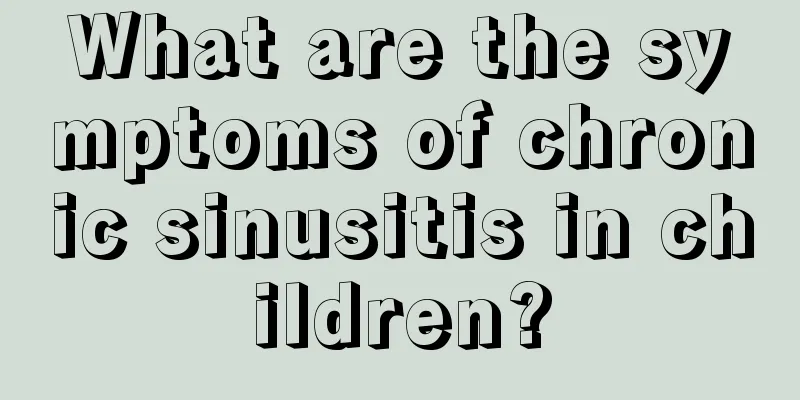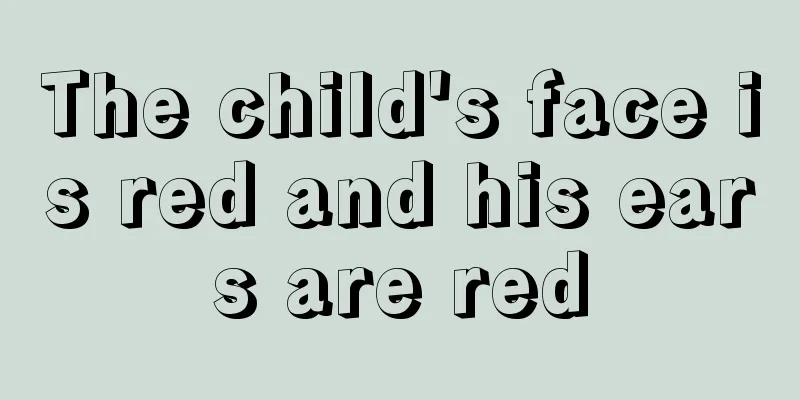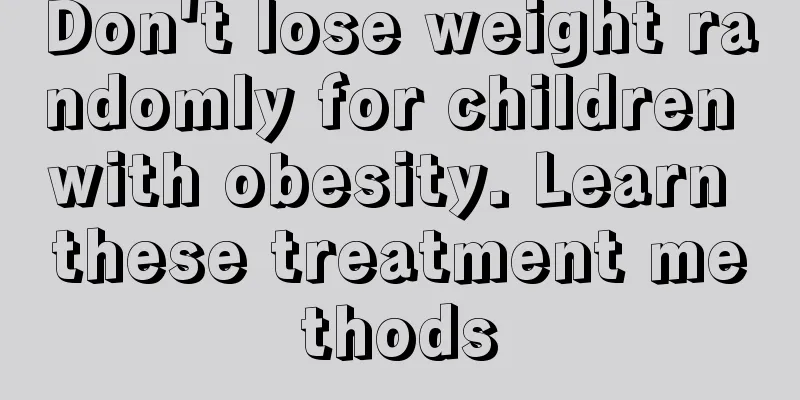White spots on the upper teeth of newborns

|
Experts say that the white spots on the upper teeth of newborns are not caused by disease, but are the manifestation of normal milk teeth. They are usually yellow-white, rice-sized particles located on the gums in the newborn's mouth. Generally speaking, it will disappear automatically after a few months, but if the baby is malnourished, the time for automatic disappearance will be prolonged, but it will not cause adverse effects on the body. 1. What is the matter with the white spots on the upper teeth of newborns? There are white spots on the upper teeth of newborns. These are horse teeth. When the baby is 4-6 weeks after birth, some yellow-white spots appear on both sides of the midline of the upper palate and the edge of the gums, which look like grown teeth. They are commonly known as "horse teeth" or "deciduous teeth". They are medically called epithelial beads. Epithelial beads are formed by the accumulation of epithelial cells. It is a normal physiological phenomenon, not a disease. "Horse teeth" do not affect the baby's breastfeeding and the development of deciduous teeth. They will gradually fall off within a few months after birth. For some babies due to malnutrition, "horse teeth" cannot fall off in time, which is not a big hindrance and does not require medical treatment. 2. Clinical manifestations of neonatal antenatal teeth Milk teeth generally do not cause any discomfort and disappear after a few weeks. They can also exist for a longer period of time. They are a common physiological phenomenon in newborns. Horse teeth are located on the gums in the mouth of newborns. They are formed by the accumulation of epithelial cells or the accumulation and encapsulation of mucous gland secretions. They appear as yellow-white, rice-sized particles, commonly known as "horse teeth" or "molar teeth". Small yellow nodules ranging in size from 2 to 4 mm can be seen on the midline of the hard palate of newborns. They are also called Peng's pearls and are also composed of epithelial tissue cells. They disappear after a few weeks. 3. Treatment of newborn teeth Horse teeth do not require treatment and will disappear naturally over a few weeks. Breastfeeding mothers should pay attention to the cleanliness of their nipples, and bottle-feeding should pay attention to the disinfection of bottles and nipples. The oral mucosa of newborns is thin and tender, easily scratched, and there are abundant blood vessels under the oral mucosa, so the body's resistance is low. Therefore, it is forbidden to use conventional methods to scrub the oral cavity, especially to avoid picking at the baby's teeth. 4. Prevention of Newborn Teeth Scrubbing the mouth of a newborn, picking its teeth with a needle or wiping them with a cloth can cause damage to the mucosa and allow bacteria to invade through the damaged areas, causing local infection, neonatal sepsis, or even purulent meningitis. |
Recommend
Is it good for children to eat goose eggs?
Goose eggs are a very nutritious food. Children c...
Why does my child have bad breath when he wakes up in the morning?
Most of the time, babies have bad breath because ...
What to do if junior high school students have poor memory
Junior high school students face great academic p...
What to do if your child is sulking
It is very bad for children to sulk, so parents m...
What is the situation of a three-month-old baby crying at night?
Not only adults need exercise, but babies also ne...
Can children drink Xiao Chaihu when they have a fever?
Xiao Chaihu is a relatively common Chinese patent...
What should I do if my baby still can't crawl after eight months?
When there are babies at home, the daily topic re...
What should I do if my baby is frightened and has a fever?
There are many reasons that cause babies to have ...
Newborn baby has secretions
Newborns are usually born in the hospital. If you...
What are the symptoms of roundworms in children?
Many children have this situation, that is, there...
The child hit his head and got a big bump
It is actually a very common problem for children...
Why does a child have high blood sugar?
People with high blood sugar are still very commo...
What should we do about chronic bronchopneumonia in children?
Children will always develop one disease or anoth...
What should I eat if my 10-month-old baby is anemic?
The problem of anemia has always been a major pro...
What to do if your child is caught in the wind
It is quite common for children to catch colds du...









